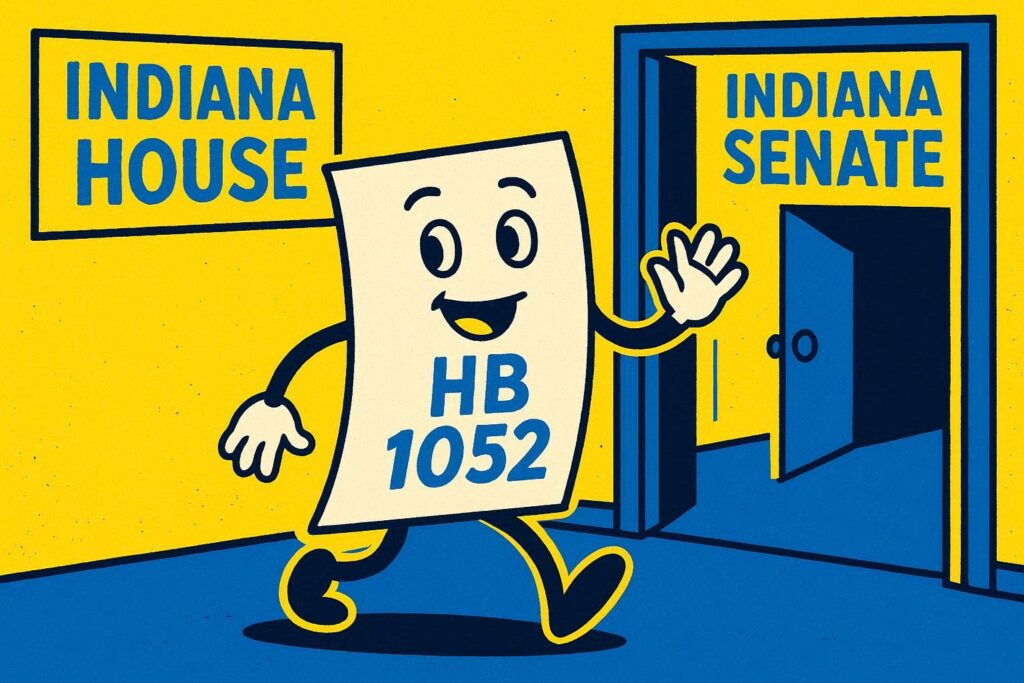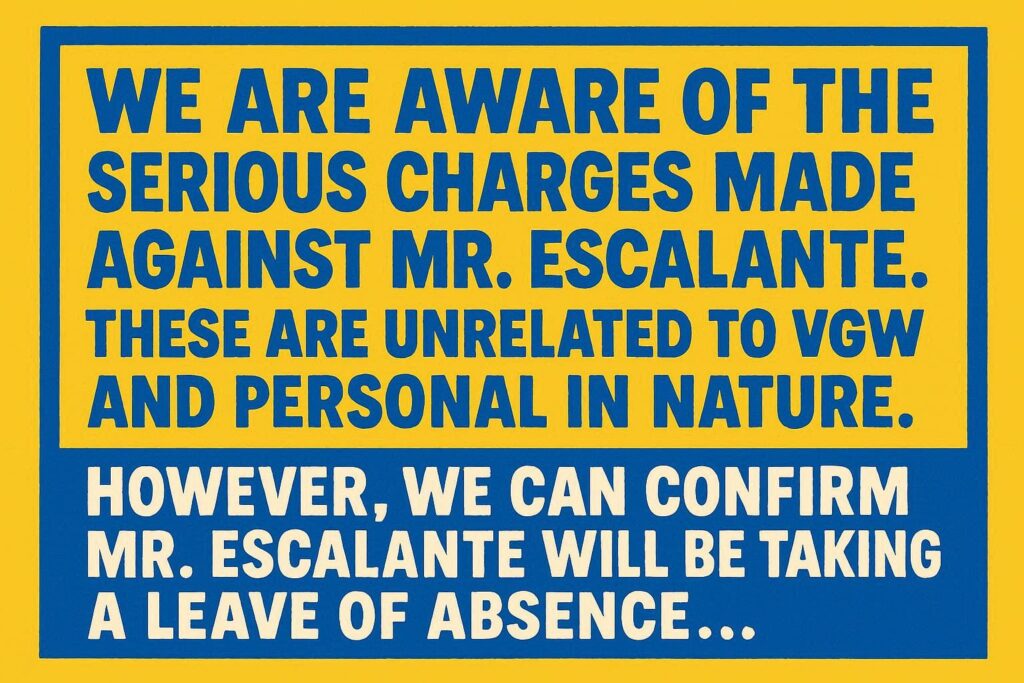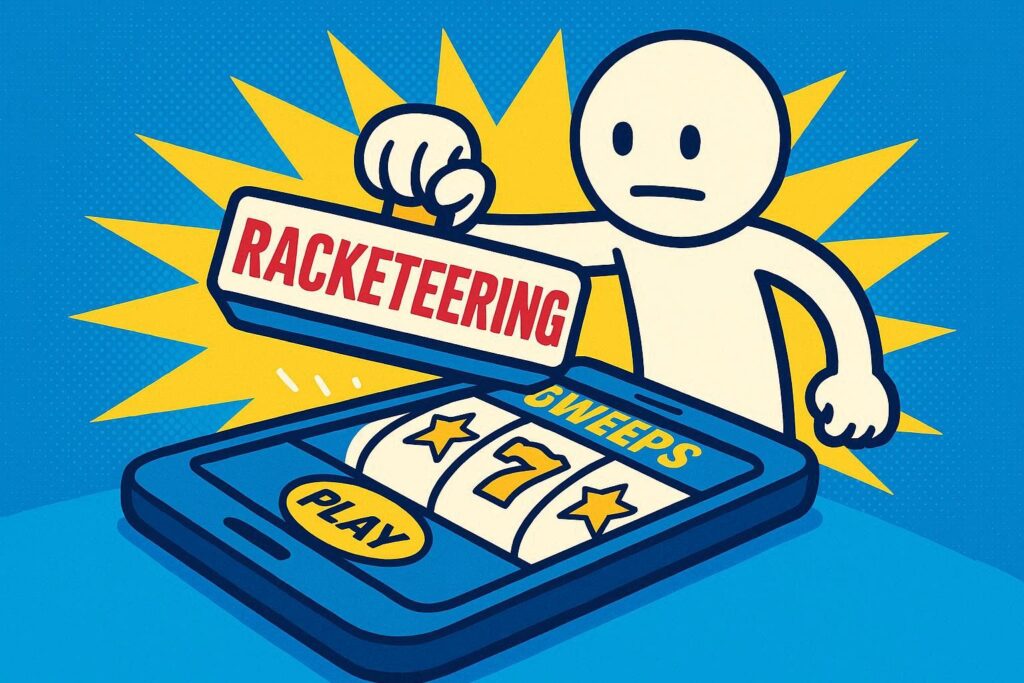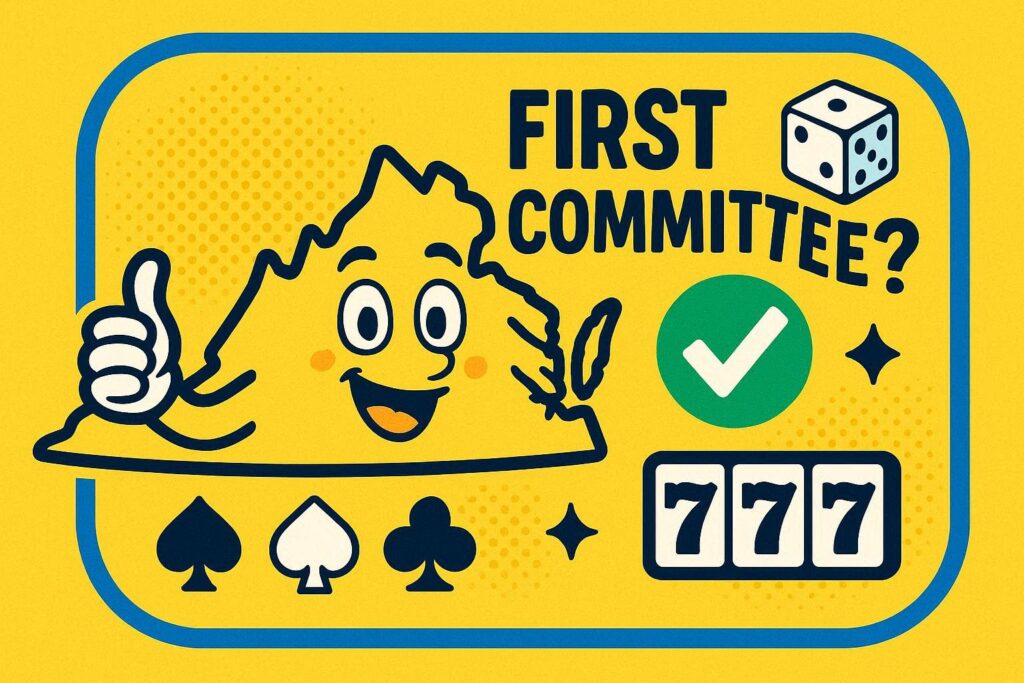Louisiana Gov. Jeff Landry vetoed Senate Bill 181 on Thursday, writing to lawmakers that the bill that would formally ban online sweepstakes casinos “is a solution in search of a problem that is already being solved by our current system.”
With Louisiana’s legislative session ending June 12, there won’t be time for SB181 to be reconsidered in 2025. Sen. Adam Bass may reintroduce the legislation in 2026, but Landry doesn’t believe the bill is necessary to bar sweeps casinos from operating in the state.
“This bill attempts to criminalize certain secondary gambling activities on the internet that are already prohibited in Louisiana,” Landry wrote in his veto message.
Is Landry correct?
It all depends on your interpretation of current Louisiana law.
SB181 would have specifically targeted online sweepstakes gaming in its definition of illegal online gambling, adding this new language:
“Any game, contest, or promotion that is available on the internet or accessible on a mobile phone, computer terminal, or similar access device that utilizes a dual-currency system of payment allowing the player to exchange the currency for any prize or award or cash or cash equivalents, or any chance to win any prize or award or cash or cash equivalents, and simulates any form of gambling shall constitute gambling by computer and shall not be considered a legal sweepstakes.”
The “dual-currency” language is in reference to sweeps sites letting players play with Gold Coins, which can’t be redeemed for cash, and Sweeps Coins, which can be redeemed for cash. But because Sweeps Coins, themselves, have no real-world value, sweeps casinos live under the coverage of sweepstakes laws where they operate. SB181 would have ended that coverage.
However, without SB181, this is what Louisiana law says about what is online gambling:
“Gambling by computer is the intentional conducting, or directly assisting in the conducting as a business of any game, contest, lottery, or contrivance whereby a person risks the loss of anything of value in order to realize a profit when accessing the Internet internet, World Wide Web, or any part thereof by way of any computer, computer system, computer network, computer software, or any server.”
Landry likely believes “risks the loss of anything of value” covers Sweeps Coins, because losing Sweeps Coins means losing the opportunity to redeem them for cash.
But without specific mention of sweepstakes promotions or the dual-currency gaming model, that language isn’t ironclad. The proof is that online sweeps casinos have operated for years in states with similar language defining illegal online gambling.
Landry says Attorney General’s office is ready to act
Landry does, however, specifically reference the Attorney General’s office in his veto message, saying it — and other state agencies — has the authority to enforce current Louisiana law, which, again, Landry asserts already bans sweeps gaming sites.
“The [Louisiana Gaming Control Board] is already taking active steps to combat illegal gambling in Louisiana, especially against illegal offshore wagering and illegal online sweepstakes companies operating in Louisiana,” Landry wrote. “Most recently, the Board took successful action to uphold the integrity of gaming laws in Louisiana by issuing a cease-and-desist order to [Bovada] to immediately halt its illegal online gambling activities within Louisiana. The Board’s firm stance against such operations is aimed at protecting Louisiana residents from unregulated gambling activities that violate state laws.
“The Board, the Louisiana Attorney General’s Office, and the LSP Gaming Division are all monitoring this type of activity and will continue to issue additional cease-and-desist letters to similar illegal offshore wagering and illegal online sweepstakes companies that intentionally design their business models to circumvent Louisiana gaming laws and regulations.”
That last part — will continue to issue additional cease-and-desist letters — is the most important. It signals a potential intention to send cease-and-desist letters to sweeps operators, just like New York Attorney General Letitia James just did with 26 operators despite both New York’s sweeps ban bills failing to pass this legislative session.
Will operators leave Louisiana?
Operators that have already left Louisiana — such as Pulsz, McLuck, and High 5 Casino — will likely stay out.
Operators that are still in Louisiana — such as VGW’s sites (Chumba Casino, LuckyLand Slots, and Global Poker) and RealPrize — will have a decision to make.
Do they wait it out to see if the Attorney General’s office does, indeed, issue cease-and-desists? And perhaps they might not even be included in those cease-and-desists. (There are a lot of sweeps sites out there — it’s hard to track them all.) It’s essentially a staring contest at that point, seeing who will blink first.
Or do they preemptively pull out of Louisiana — even if it’s just their sweeps platform and they keep their social platform active — in an effort to position themselves in the best way possible if sweeps regulation ever surfaces in Louisiana once the spotlight of scrutiny shifts elsewhere in the gambling industry? (And it will.) They’ll lose short-term revenue, but potentially for a long-term gain.
Pro-sweeps advocacy groups react to the veto
The Social Gaming Leadership Alliance and Social and Promotional Games Association both applauded Landry’s decision, despite the Louisiana governor referencing “illegal online sweepstakes companies” in his veto message.
“We sincerely appreciate the opportunity to continue the conversation about online social gaming in Louisiana,” SGLA Executive Director Jeff Duncan said in a statement released Friday. “Gov. Landry’s veto gives all stakeholders an opportunity to pursue a sensible solution to allow Louisiana residents to continue playing online social games, explore revenue streams for the state and create a licensing and regulatory environment which applies the highest standards of player protections and responsible social gaming.
“We thank the Governor for his consideration of the problems with this bill and agree with his comments that ‘this bill is a solution in search of a problem.’ This decision is a win for innovation, competition, freedom of choice, and ultimately, the many Louisianans who enjoy our operators’ free to play online social games. Louisiana now has a chance to craft innovative legislation that balances these interests and benefits the
state and its communities.”
The SPGA emphasized in its response that “sweepstakes-based games are not gambling.”
“Governor Landry’s veto is a powerful affirmation that not all online games are gambling and that innovation should not be met with prohibition,” a spokesperson for SPGA said in a statement. “This legislation blurred critical legal distinctions and risked punishing legitimate businesses that comply with well-established sweepstakes laws and offer free-to-play experiences.”









